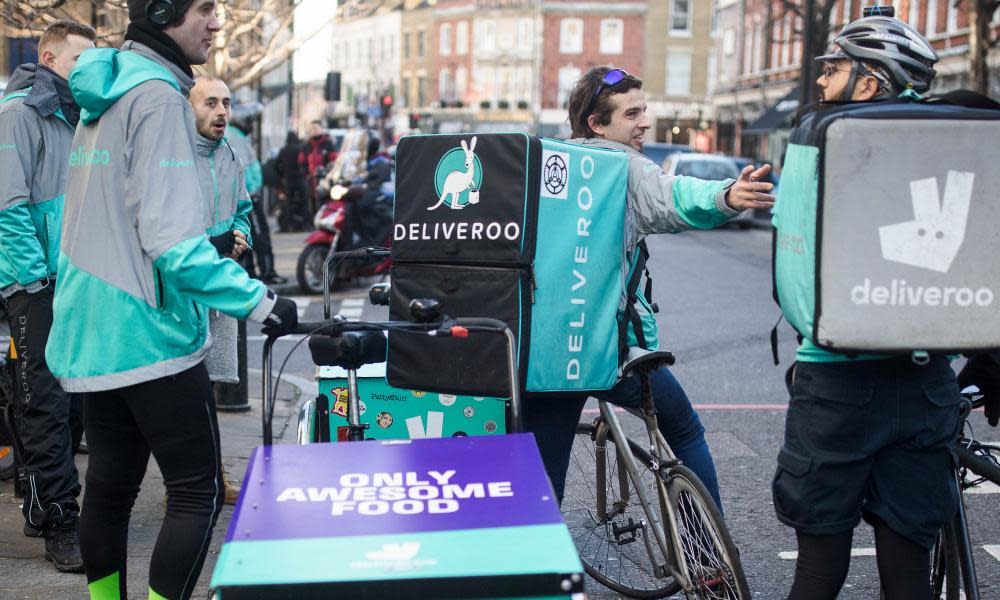Labor's industrial relations pitch: 'sham' agreements and future of work

Labor will promise to crackdown on “sham” enterprise agreements and flag a new inquiry into the future of work as part of efforts to beef up its workplace relations pitch for the next federal election.
The shadow workplace relations minister, Brendan O’Connor, will use a speech to the National Press Club on Wednesday to telegraph significant changes to federal industrial law if Labor wins the next federal election.
O’Connor says Labor will legislate to make clear that the workers who vote on an enterprise agreement must be representative of the workers who may ultimately be covered by the deal.
He will also broach changes to the law allowing unions to apply to the Fair Work Commission to renegotiate “sham” enterprise agreements.
In making a case for swinging the pendulum back in favour of workers, O’Connor will argue that the balance of power in the industrial framework has shifted in favour of employers, and the loss of workers’ bargaining power “is not only a threat to wages growth, but also to economic growth”.
O’Connor will argue some employers are gaming the system, “reducing pay and conditions by using subsidiaries or contractors who have pre-existing enterprise agreements which are nothing more than a sham, because the workers who are ultimately covered had no stake in their negotiation”.
He says a Senate inquiry into corporate avoidance of the Fair Work Act has found that companies are “increasingly using enterprise agreements voted on by short-term casuals to bind permanent workers, or by workers in one state to bind workers anywhere in Australia, or by management staff only to bind the rest of their workforce” – and he argues this practice needs to stop.
As well as proposing changes to workplace laws if Labor wins the next election, O’Connor will also flag a new inquiry into the future of work, and the future of workers.
He will argue the emerging gig economy offers some “remarkable benefits” as well as opportunities for new forms of work organisation, but that a lot of the discussion about the evolving labour market “resembles a childlike embrace of the seductive new thing.”
O’Connor says the inquiry will consider the implications of new technologies, social trends and policy choices affecting the regulation of work, “and will make practical recommendations to address the most pressing challenges and opportunities these present to our labour market and system of workplace laws”.
“We have to create the future we want, not drift into a future we will regret,” O’Connor will tell the press club, according to speech notes.
O’Connor will argue the distributional divide prompted by technological change “is greater today than at any time in modern history.”
“There is a real risk that its gains will be concentrated among those at the very top, in a small number of leading firms, in a small number of locations close to the CBDs of our big cities – and that sort of inequality is not acceptable to Labor.”
In formulating its new workplace relations policy, Labor has been involved in a round of consultations with the ACTU and affiliated unions, and employer organisations.
As well as facing pressure from key trade unions, there is also a significant mood in the ALP caucus in favour of beefing up the existing workplace relations framework. Many MPs believe a campaign on strengthening workplace protections will resonate in an environment of persistent low wages growth and job insecurity.

 Yahoo News
Yahoo News 
